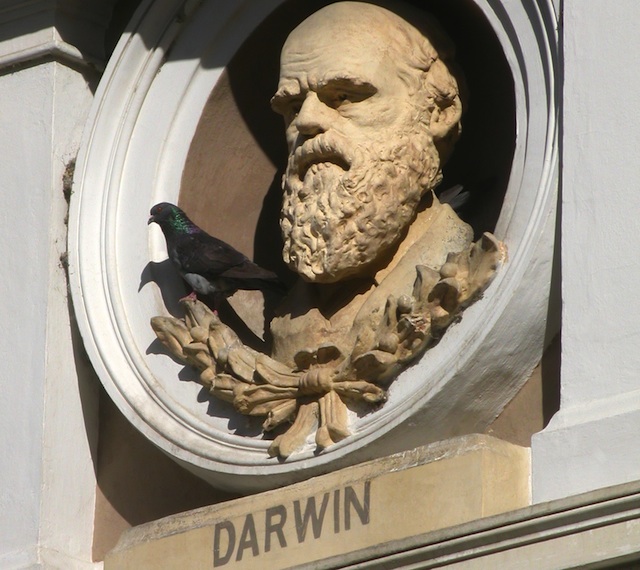“We aren’t small businesses” cries Tank Stream Ventures’ Managing Partner Rui Rodrigues in Business Spectator yesterday.
Rodrigues’ point was tech startups have a very different set of needs to the local small business. “Bob down at the corner shops has been there for 10 years, and he’ll be there for another, he might sell milk, or office chairs, or even fix your watch,” he writes.
Technology startups on the other hand “have ambitions to become big companies, global empires. They are high-growth technology businesses and they are working on goods and services that you might not yet know you need.”
Silicon Valley’s greater fool model
Rodrigues’ comments come from the Silicon Valley Greater Fool mindset where the end game for investors is to flip the business to a bigger company or make out like bandits in a stock market listing. Under that model profitability doesn’t matter, “too early is considered a deterrent for investors looking at a business.”
Not making a profit is fine for a company promising unlimited future growth to the market or a flipper based on finding a greater fool but for most startups those lack of returns see all but a few spectacularly successful ones shrivel away as the company’s funds exhaust before the founders achieve their objective. For Bob the locksmith who doesn’t have a fall back option of returning to a management consulting job, he needs the income.
What’s more fallacious in Rodrigues’ piece is the idea today’s tech startups themselves will be great employers themselves. Even the successful ones haven’t proved to be job generators in the way traditional business have been.
For the traditional small business sector the risks aren’t insubstantial either as the majority of proprietors will barely make a living while risking their assets, time and often health – something understated by the motivational writers urging people to quit their jobs and prove themselves.
A lack of capital
For both the startup community and the small business sector the real challenges lie in being undercapitalised. Most startups will fail because of insufficient capital while the majority of small businesses never quite reach their potential because they lack the funds required to invest in the proper tools.
Much of this comes down to banks retreating from small business lending thanks to the ill thought out Basel rules that treat home mortgages as almost risk free which has discouraged any form of finance not backed by residential property.
In fact many of the challenges facing traditional small businesses such as high rents, unnecessary regulation and high labour costs are as much a problem for the thirty something renting a desk in a tech incubator as they are for 55 year old Bob who’s been running the local locksmiths for the last twenty years.
Misdirected government
Silly schemes like the Australian government’s depreciation scheme aren’t addressing this problem, indeed the Abbott administration’s intention is to provide a brief sugar hit to the nation’s GDP as small business owners buy new laptop computers and toolboxes. It does nothing to address the uncompetitiveness of Australian business or its attractiveness to local investors.
Similar posts:







